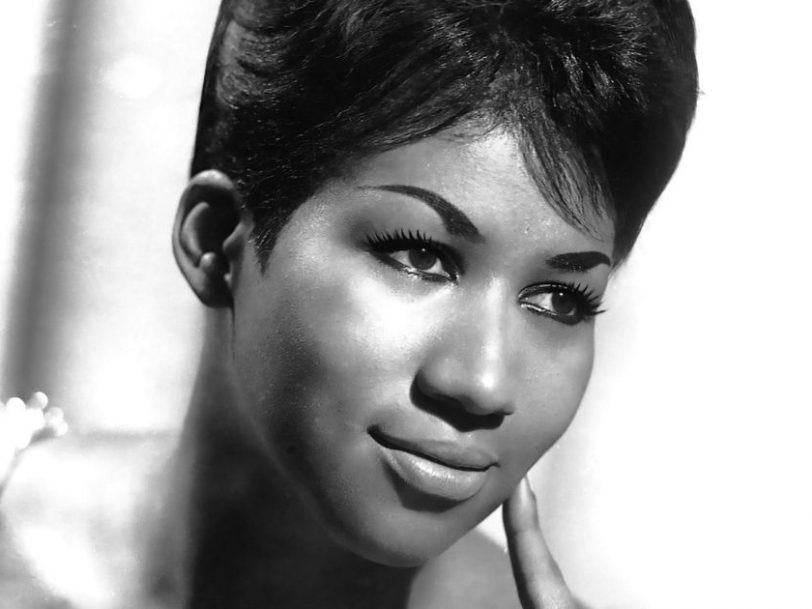Aretha Franklin’s voice is often described as a “gift”. As if it were something magical that fell from the heavens and blessed her. Of course she was an astonishing singer, but so are many others – none of them, however, were crowned the “Queen Of Soul”. Aretha’s title is down to more than a voice. It’s down to a life, a lot of work, and a set of mental and musical circumstances that meant the sound Aretha Franklin made was hers alone.
Listen to the best Aretha Franklin songs here.
Amazing grace: childhood and influences
Franklin’s father, the Reverend CL Franklin, was a minister and a proud African-American man. He knew the power of the medium as well as the message for celebrating The Word and advancing the cause of civil rights. Over the years, he released more than 70 albums of his own, mostly of his sermons, embracing the celebrity it brought.
CL Franklin didn’t prevent his children from listening to secular music, so pop, jazz and R&B were also in the air. Sometimes this even meant a private audience with musical pioneers. Aretha, born on 25 March 1942 as one of five Franklin siblings, remembered one time, as a child, “seated behind our grand piano was a heavyset man, a cigarette dangling from his mouth. The cigarette ash was incredibly long, yet it never fell as the pianist tilted his head to avoid the smoke floating into his eyes.” It was jazz virtuoso Art Tatum. Soul-music innovator Sam Cooke and gospel icon Clara Ward, among others, were also close to the Franklin family. Since some of North America’s finest mid-century musical innovators and Black political thinkers were part of Aretha’s childhood tapestry, it’s not hard to see how she might have joined the dots between civil rights, musical genius and showbusiness from a young age.
A natural woman: life-changing experiences
Aretha’s mother, Barbara, died young, of a heart attack, when Aretha was just ten. “I cannot describe the pain, and nor will I try,” Aretha said of her mother’s death. Knowing trauma like that as a child is a scarring experience. Aretha lost someone who nurtured her; she was also denied a future with her mother, the chance to develop an adult relationship with her (something Aretha clearly valued with her father as the years went on). This primal pain forced the young Aretha to confront adult emotions before her time.
She was also sexually active from a young age, first becoming pregnant at 12, and again at 13. Now we are likely to see Aretha as a child being exploited or coerced; Aretha described herself in her autobiography as “a red-blooded African-American teenage girl” who was in love with her babies’ father. The impact of Aretha bearing children from what was essentially her own child’s body was another premature adult experience, opening up a world in front of her eyes that was closed to most.
The complex field of her young life – the losses, the strains on her body and mind, her faith, the pride in her Black identity, the joys that music brought to her – all came to bear on her voice. How could it not? Her experiences brought conviction into her delivery greater than any vocal coach could ever do. As a young teen, she was a soloist at her father’s church; CL Franklin installed recording equipment, and the recordings from this time are of Aretha sounding enormously seasoned already. This voice was not a gift. This voice was the result of practice, of experience and of channelling her life into her words.




